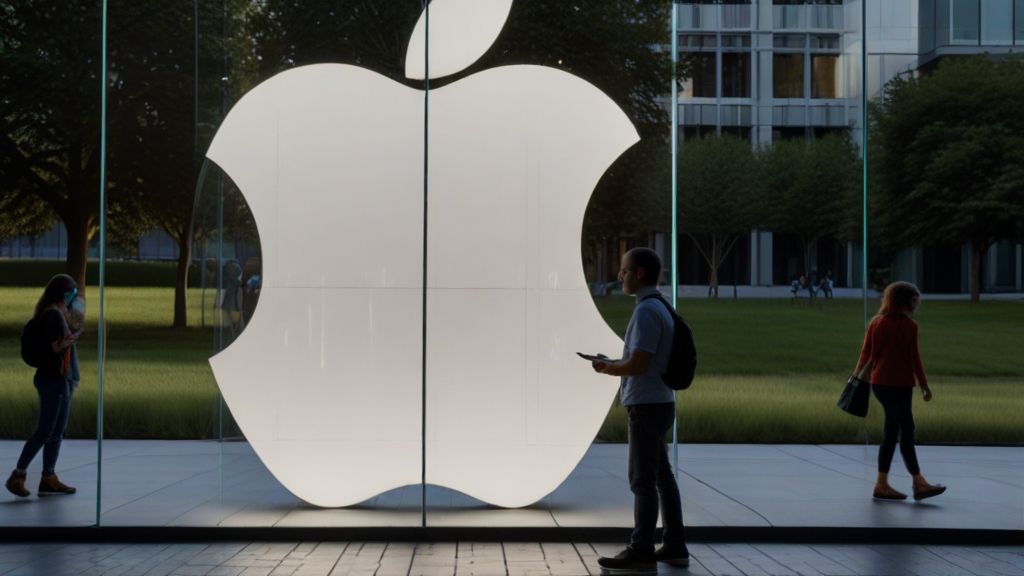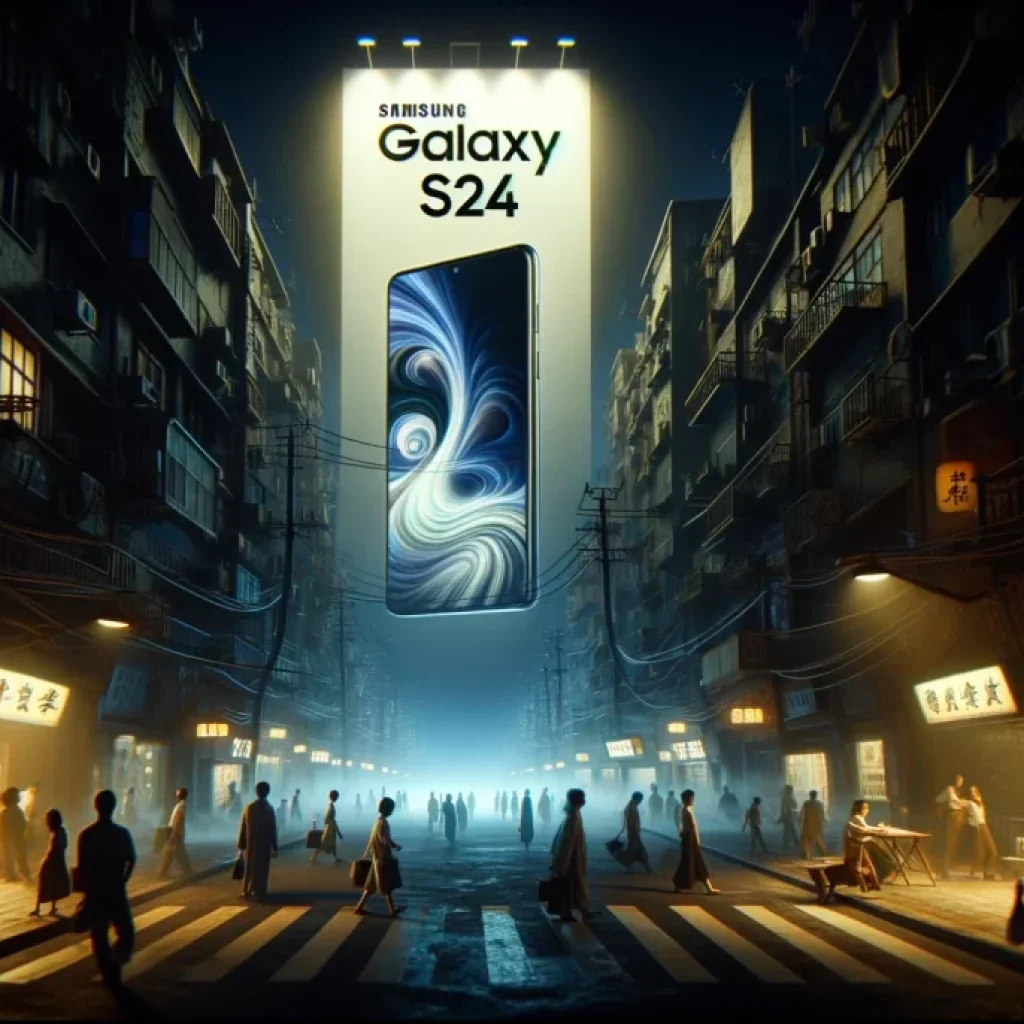It appears that Apple may be negotiating with ChatGPT and the DALL-E developer OpenAI to bolster the AI capacities that will be featured in the next version of its iOS i.e. iOS 18. This announcement, coming from Bloomberg’s Mark Gurman, makes us think of a partnership between Apple and other companies to push transforming the iPhone into a device with top AI features.
Renewed talks fuel speculation
Sources close to the story hint that a turnaround in the relationship between OpenAI and Apple is in the works and that the negotiations are progressing in full swing. Although Apple had a short period of discussing the challenge of utilizing Google’s Gemini chatbot, the recent stack of evidence proposes OpenAI as a chief candidate to partner with for a specific purpose.
Apple, on its part, assured the world of its commitment to AI, bringing forth the next 18th iOS update. Through discussions underway, the actual nature of the configuration is yet to be confirmed. On vistas, pity not the greenest ones that bloom of old: They’ve seen a few long sunsets die into the west after sunset, yet they bloom undaunted, with trust that renewed. Though AI experts tend to believe that text and image generation will not undergo major development trends in AI-driven systems accompanied by more advanced Siri is also expected to appear on the scene.
Potential features and upgrade
If such collaboration proceeds iOS 18 users could expect innovative AI-powered functionalities such as:
- Enhanced Siri Capabilities: A more intelligent and responsive Siri experience, leveraging advanced AI algorithms developed by OpenAI.
- AI-Driven Text and Image Generation: Integration of OpenAI’s DALL-E technology, enabling users to generate unique and creative content directly within iOS apps.
- Localized Device-Based AI: Apple is exploring the implementation of compact large language models (LLMs) that can be stored and executed on-device, offering efficient AI processing without reliance on cloud services.
- AI-Powered Music Features: Speculation abounds regarding AI-driven playlist generation in Apple Music, potentially revolutionizing the way users discover and enjoy music on iOS devices.
As both Apple and OpenAI have been reported to be negotiating these matters, no end has yet been reached. Apple even might conclude the deals with Google or OpenAI or maybe they will successfully integrate AI abilities with iOS 18 in case such a cooperation is needed. But for clarity, though, the AI is kept as the theme, because it reflects the concern of the company to employ advanced technologies for enhancing the experience of its users.
Expected rollout and impact
iOS 18, which is rumored to be released around September, would shift its usual release time to Apple’s pretty fixed software update cycle. OpenAI’s selection as a partner could constitute a breakthrough in the level of AI services supported by iPhones. The technological enhancements possible through this affiliation may breathe new life into the user experience, enabling a more seamless interplay between human-human and human-machine communications. As Apple gets ready to launch iOS 18 at the Worldwide Developers Conference WWDC which is scheduled on June 10th, the talk about adding AI features in the next OS version has increased greatly.
The recent reports indicating a heightening of talks between Apple and OpenAI, all parameters have possibly been put in place for a probable partnership which is poised to lead to the creation of an ecosystem that could be revolutionary both to the capabilities of the iPhone now and in the future. Even though the specifications are still obscure, the fact that Apple is emphasizing AI only means that the company is getting ready to demonstrate a new wave of novel and user-focused technology products. OpenAI, one of the leaders in the Artificial Intelligence (AI) world, entering into the console OS 18 is indeed a transformative step in this domain, holding the promise of superior user experience and unequaled capabilities for Apple’s iOS platform.
This article originally appeared in TechRadar





